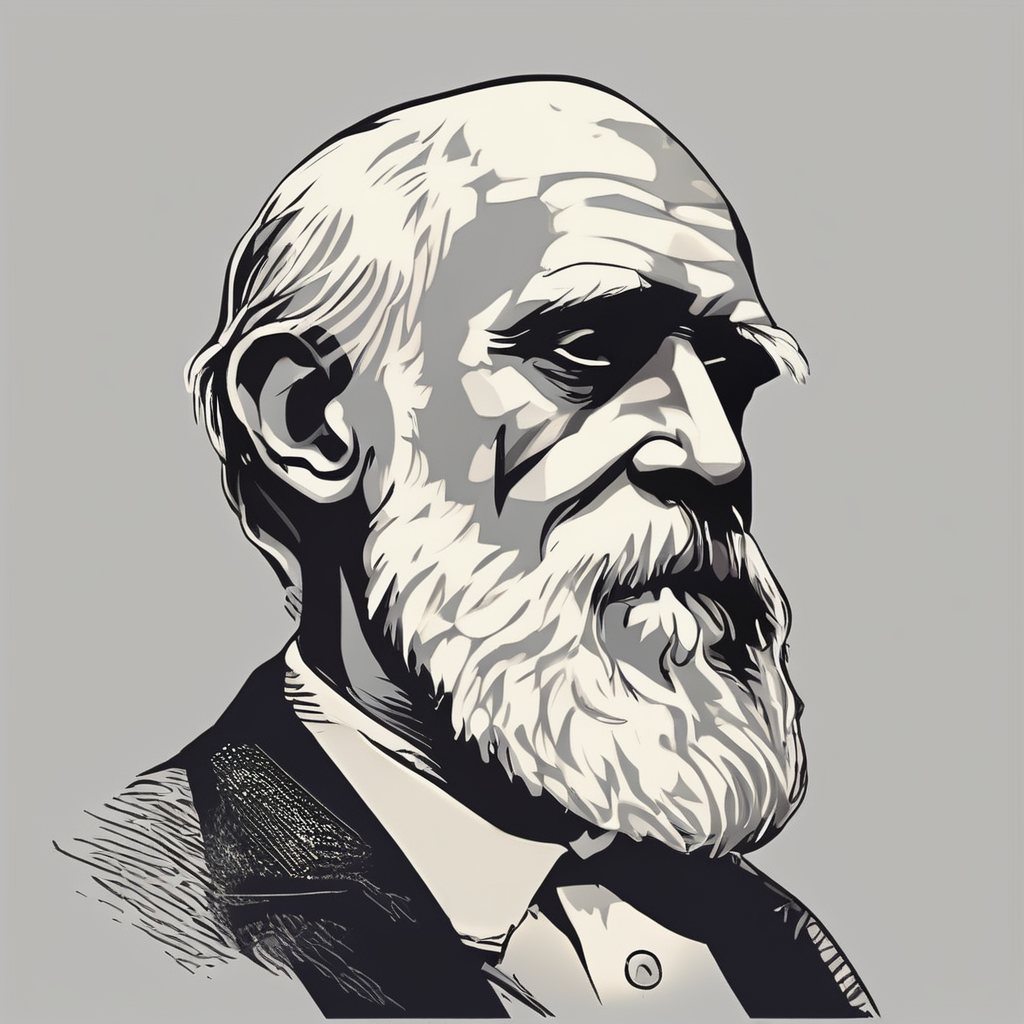Historical Development of UK Sports
The history of UK sports is rich, marked by key milestones that have shaped both leisure and professional activities. Traditional sports such as cricket, rugby, and football carry a strong legacy within British culture, often reflecting regional identities and social values. The codification of rules in the 19th century formalized many sports, turning casual pastimes into structured competitions.
One pivotal shift was the transition from amateurism to professionalism. Initially, sports were largely the domain of the aristocracy and upper classes, emphasizing participation for personal honour rather than financial gain. Over time, this gave way to professional leagues and clubs, widening access to new social groups and increasing spectator interest. This transition was crucial in establishing sports as a significant industry in the UK.
This might interest you : How Can UK Sports Inspire Global Unity?
Traditional sports have deeply influenced British society beyond recreation, embedding values such as fair play and resilience. Their cultural impact persists today and continues to mold contemporary sports attitudes. Understanding this evolution highlights how UK sports have become intertwined with national identity and community cohesion, making them central to social and cultural life.
Societal Shifts and the Modernization of UK Sports
The landscape of modern UK sports trends is increasingly shaped by diversity in sports and inclusivity efforts. Over recent decades, participation by women and minority groups has grown significantly, reflecting broader societal changes. This demographic shift challenges traditional notions of who engages in sport and highlights the expanding accessibility of athletic opportunities.
Also read : How Can Advancements in Technology Enhance the Future of UK Sports?
In urban and rural areas alike, integration of sport has become a key strategy to foster community connection and personal development. Sporting activities function not just as competition but as tools for social cohesion, addressing disparities in access seen historically. Local clubs and national programmes play pivotal roles in creating inclusive environments that welcome individuals regardless of background.
The influence of sports organisations and policies continues to expand to accommodate this evolving participation. Coordinated efforts from governing bodies ensure that rules and facilities evolve to support equality, representation, and safe participation. These initiatives promote a sporting culture that respects diversity and encourages everyone to benefit from the physical, mental, and social gains sport provides.
Understanding these societal shifts reveals how modern UK sports have moved beyond mere entertainment, becoming vital arenas for inclusion and community building.
Historical Development of UK Sports
The history of UK sports is marked by pivotal milestones that have shaped today’s sporting landscape. The codification of rules in the 19th century was a landmark event, turning traditional sports such as cricket, rugby, and football into formalised competitions. This development laid the groundwork for the growth of organised leagues and tournaments still followed today.
Traditional sports hold a deep legacy in British culture, reflecting social values and regional pride. Their influence extends beyond mere recreation to fostering community identity and national pride. For example, cricket’s status as a symbol of fair play and rugby’s association with teamwork reveal a cultural embedding of values through sport.
Another critical phase in the history of UK sports is the transition from amateurism to professionalism. Originally dominated by upper-class gentlemen playing for honour, sport gradually embraced professional players, increasing competitiveness and popular appeal. This shift broadened participation across social classes and helped transform sports into a significant economic sector with widespread public engagement. The merger of legacy and modernity in UK sports highlights its dynamic evolution within society.
Historical Development of UK Sports
The history of UK sports is defined by several key milestones that shaped their current form. Early in the 19th century, the codification of rules transformed traditional sports like cricket, rugby, and football from informal pastimes into organised competitions. This step was crucial in standardising gameplay and enabling the creation of clubs and leagues that persist today.
The legacy of these sports extends beyond mere entertainment. Traditional sports have lingered as cultural symbols, reflecting British social values such as fair play, respect, and community spirit. For example, cricket represents patience and sportsmanship, while rugby showcases teamwork and resilience. Such values have been passed down through generations, embedding these sports deeply in British identity.
A major evolution in the history of UK sports was the gradual shift from amateurism to professionalism. Initially dominated by elite amateurs playing for honour, sports became increasingly professionalised in the late 19th and early 20th centuries. This transition broadened participation across social classes and developed sports into major economic and social institutions. Professionalism brought enhanced competitiveness and media attention, fuelling public interest and sustaining the sports’ legacy within UK culture.
Historical Development of UK Sports
The history of UK sports is marked by distinct milestones that signalled key transformations. The 19th century codification of rules was fundamental, establishing standardized gameplay across traditional sports like cricket, rugby, and football. This shift enabled the formation of clubs and leagues, providing structure and continuity still evident today.
These traditional sports hold profound cultural significance, representing more than just physical contests. They embody a legacy of shared values such as fair play, honour, and community spirit. For example, cricket has long symbolized patience and sportsmanship, while rugby reflects teamwork and resilience—qualities deeply ingrained in British identity.
A pivotal development in the history of UK sports was the move from amateurism to professionalism. Initially, sports participation was limited to the upper classes playing for personal honour rather than reward. Over time, professionalism widened access, allowing diverse social groups to compete and spectate. This transition was critical in transforming sports into major economic and social institutions, with increased media exposure and public enthusiasm reinforcing their cultural legacy.
Historical Development of UK Sports
The history of UK sports is characterised by foundational milestones that transformed leisure into structured competition. A critical moment was the 19th-century codification of rules for traditional sports such as cricket, rugby, and football. This standardisation allowed consistent play and the establishment of clubs, leagues, and nationwide competitions, which became pillars of UK sports culture.
These traditional sports carry a deep legacy, shaping British cultural identity beyond the playing field. They reflect enduring values like fair play, teamwork, and community spirit, often acting as a social glue in regional and national contexts. Cricket, for example, is emblematic of patience and sportsmanship, while rugby embodies resilience and collaboration.
The transition from amateurism to professionalism was another cornerstone in the history of UK sports. Initially reserved for the aristocracy vying for honour, sports evolved to include paid athletes and organised leagues. This shift expanded participation across social classes, heightened competitiveness, and introduced commercial opportunities. Professionalism also played a key role in increasing public engagement and media coverage, cementing sports as integral to Britain’s social and economic fabric.

